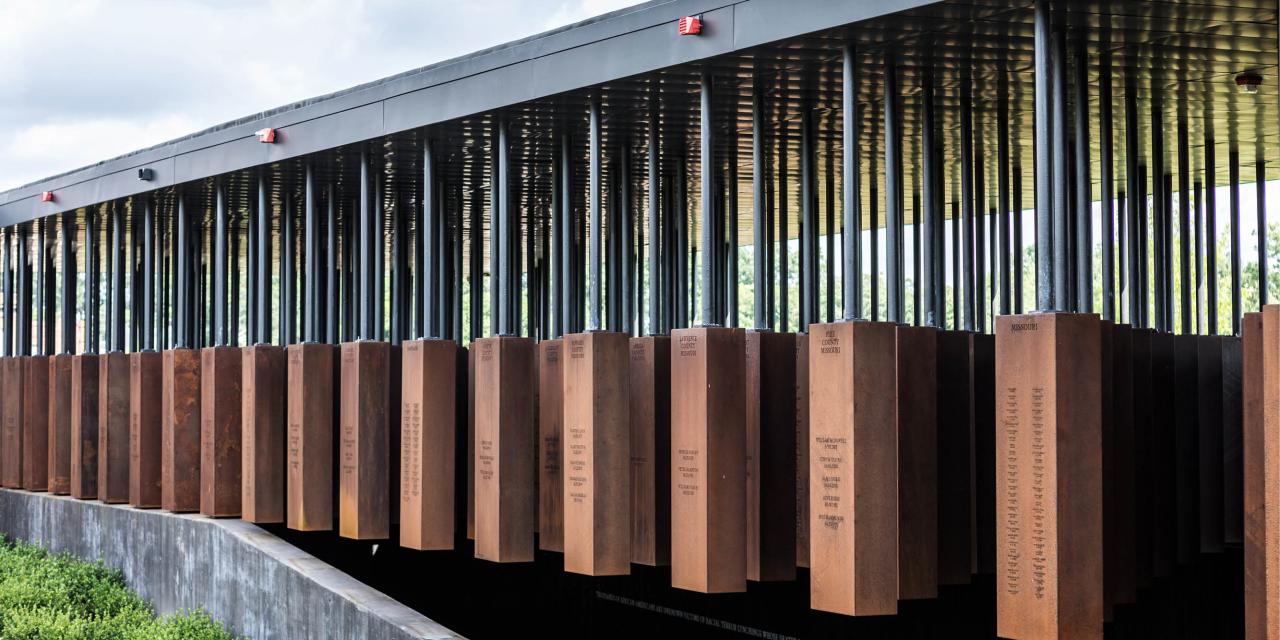CICW has awarded Vital Worship, Vital Preaching Grants for over 20 years to teacher-scholars and worshiping communities in 45+ states and provinces and across 40+ denominations and traditions—including Orthodox, Roman Catholic, Pentecostal, non-denominational, and other Protestant communities.
While worship styles and practices vary greatly across these traditions, the grant projects typically explore at least one of CICW’s ten core convictions related to worship. Explore the hundreds of projects we’ve funded across both streams of the program.
Arnett Chapel AME
To explore ways to leverage the congregation's worship and missional priorities and promote a greater commitment to discipleship and service through studies and events related to worship and justice.
Christ Lutheran Church of Falmouth
To gather a community around silence, contemplative prayer and meditation on Scripture and ancient Christian texts, in order to facilitate encounters with God's living presence in worship.
Coastland Commons
To empower members of three local congregations to engage in spiritual formation through practicing and sharing artistic works of song, prayer, and Scripture.
First Christian Church of Orange
To strengthen corporate worship with theological reflection, innovative and embodied worship elements, creative arts, and the unique gifts of the congregation.
First Presbyterian Church of Redding
To develop intergenerational, indigenous worship by including the congregation in designing worship services for Advent and Holy Week that include music, visual arts and drama.
Jeff Street Baptist Community at Liberty
To develop intergenerational worship by connecting the seasons of worshipers' lives to the seasons of the Christian year through art, story-telling, music, and education.
North/West Lower Michigan Synod
To equip congregations to welcome persons into a community of faith and prepare them for a lifelong journey of discipleship beginning with baptism through an immersion event and a mentoring program.
Resurrection United Methodist Church
To implement a study of the theology of worship that includes Scripture, Psalms, prayer and communion, and to apply this learning to planning worship events.
St Andrew's Episcopal Church of Denver
To enrich a contemplative worship service and to explore issues of faith, worship, contemplative prayer and the arts.
Twelve: A Foundation for Small Group Ministry
To enrich home-based small group worship gatherings by developing resources of Christian music, symbolic objects and rituals, and creative worship practices.
Celestial Church of Christ Emmanuel Parish
To explore a deeper understanding of the sacrament of Holy Communion and Washing of the Feet in a year-long ecumenical learning program with another congregation.
Central Presbyterian Church
To develop a year-long emphasis on all ages living in the presence of God in worship by encouraging deeper participation in scripture, sacraments, prayer, and the arts.
